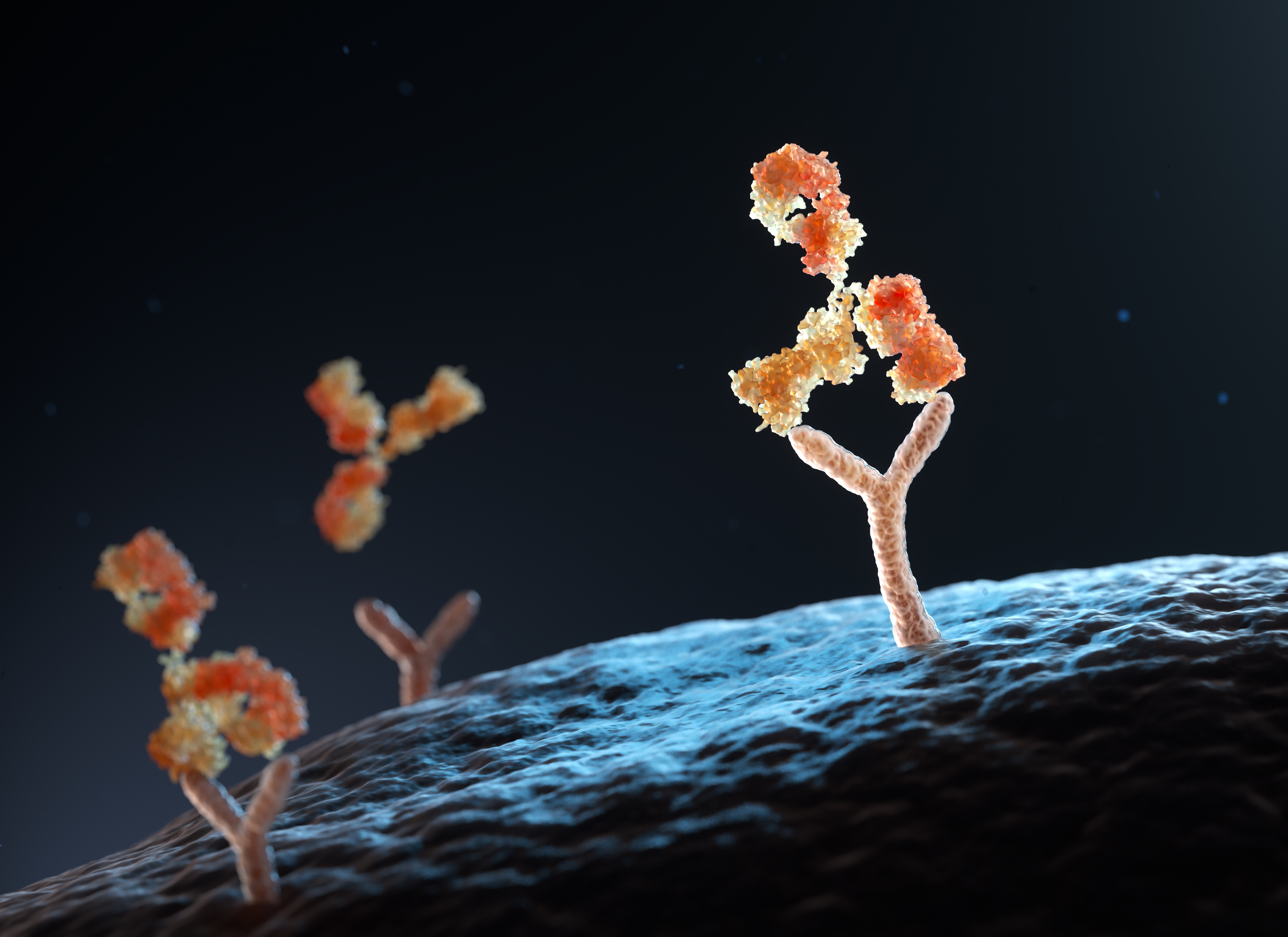Targeting the Folding of Hsp90 Clients by Predicting Their Local Unfolding Status
Computationally predicts potential ideal interaction points for the molecular chaperone heat shock protein-90 (Hsp90).
Molecular chaperones assist in the folding of unfolded and misfolded polypeptides by stabilization of folding intermediates and prevention of protein misfolding and aggregation. Molecular chaperones are present in all organisms and are essential for cell survival. The chaperone heat shock protein-90 (Hsp90) controls the folding of client proteins important for tumorigenesis. Hsp90 facilitates the maturation of substrates (or clients) that are involved in many different cellular pathways. Hsp90 clients include, among others, kinases, transcription factors, steroid hormone receptors and E3 ubiquitin ligases. The development of Hsp90 ATP-competitive inhibitors has been limited partly because it results in the simultaneous blockage of all clients, ultimately causing antiapoptotic heat shock response.
This technology computationally predicts the most unstable regions on the native structures of clients c-Abl, c-Src, Cdk4, B-Raf and Glucocorticoid Receptor, as potential ideal interaction points with the Hsp90-system. This enables researchers to synthesize peptide mimics spanning these regions and confirm their interaction with partners of the Hsp90 complex (Hsp90, Cdc37 and Aha1) by Nuclear Magnetic Resonance (NMR). Designed non-naturally occurring peptides selectively disrupt the association of their respective clients with the Hsp90 machinery, leaving unrelated clients unperturbed and causing apoptosis in cancer cells. Overall, selective targeting of Hsp90 protein-protein interactions is achieved without causing indiscriminate degradation of all clients, setting the stage for the development of therapeutics based on specific chaperone:client perturbation.

• Enables the development of therapeutics based on Hsp90.
• Avoids antiapoptotic heat shock response.
The primary application for this technology is the development of therapeutics based on Hsp90.
PCT Nationalized, including US2021/0214734 and EP4090679
TRL 3 - Experimental proof of concept
This technology is available for licensing.
This technology would be of interest to anyone involved in the development of therapeutics based on Hsp90, including:
• Pharmaceutical manufactures.
• Hospitals.
• Medical laboratories.
• Universities.
Patent Information:
| App Type |
Country |
Serial No. |
Patent No. |
Patent Status |
File Date |
Issued Date |
Expire Date |
|